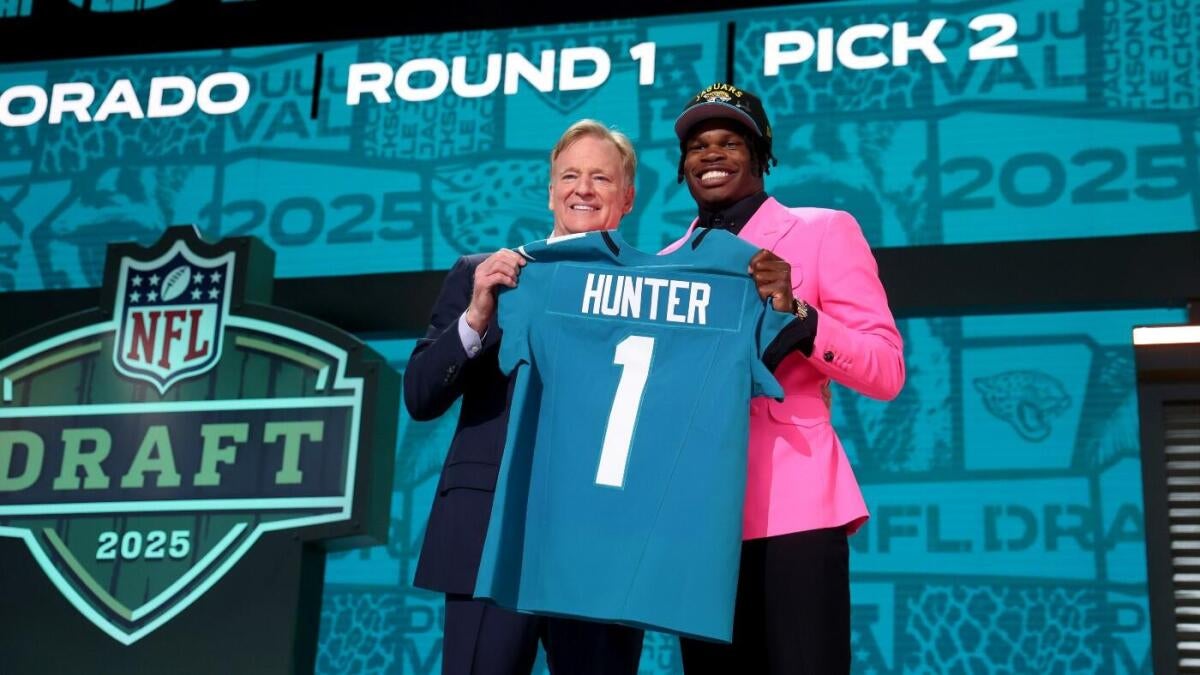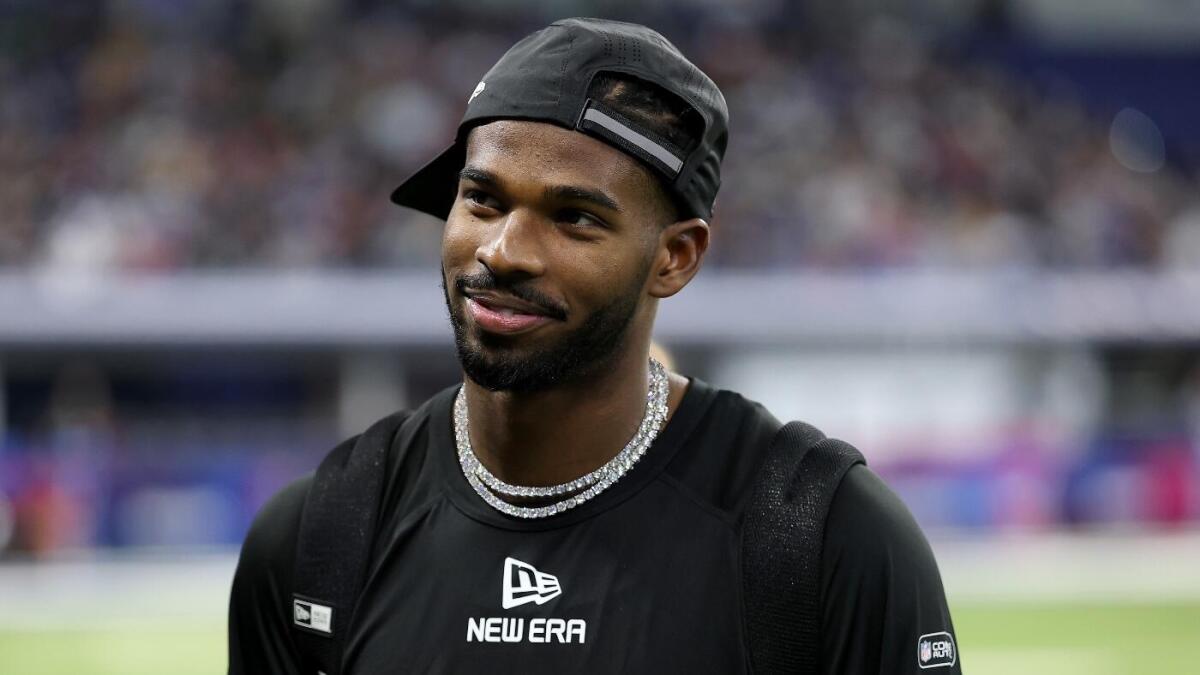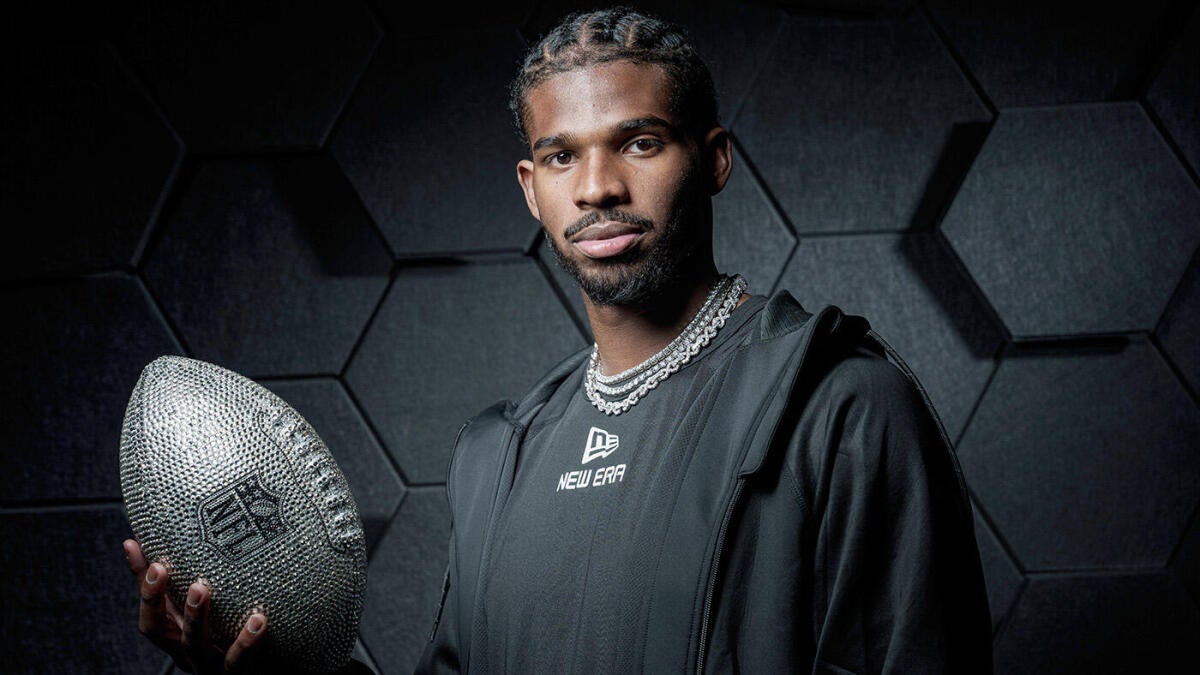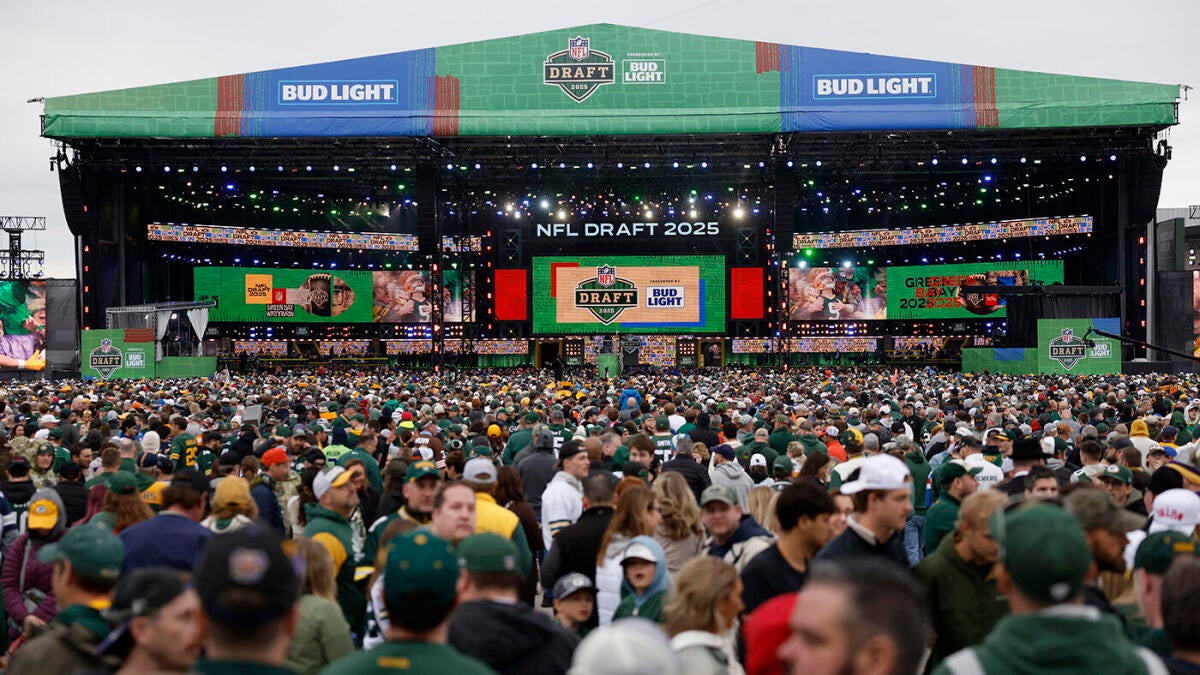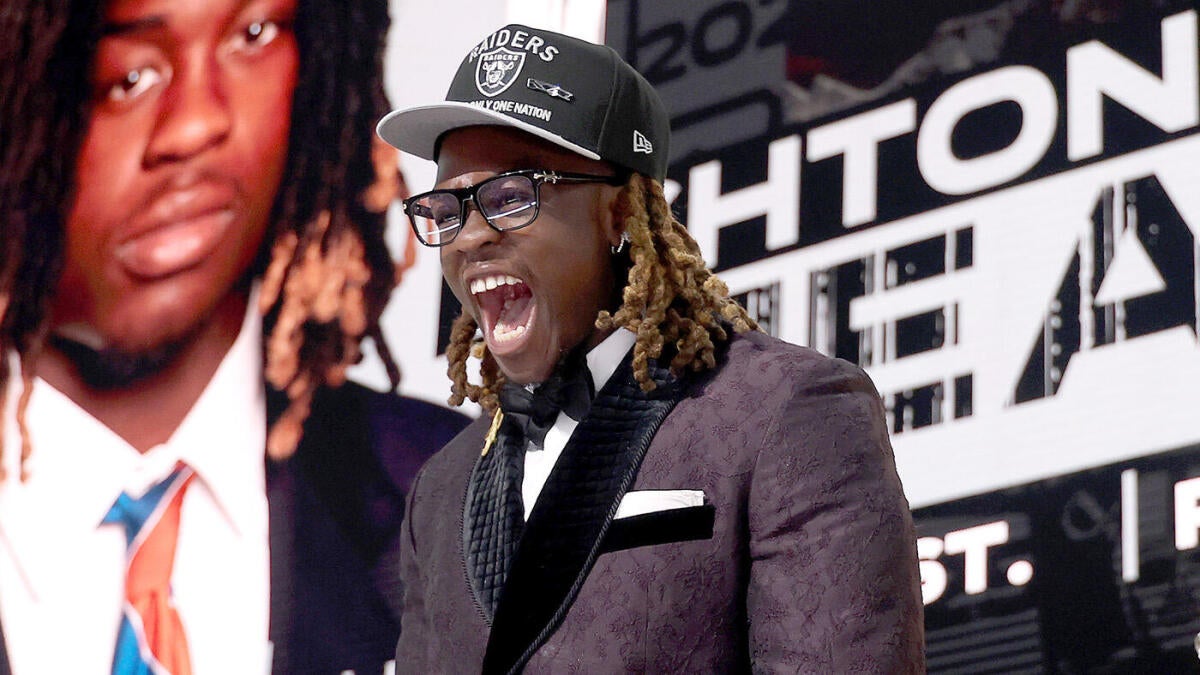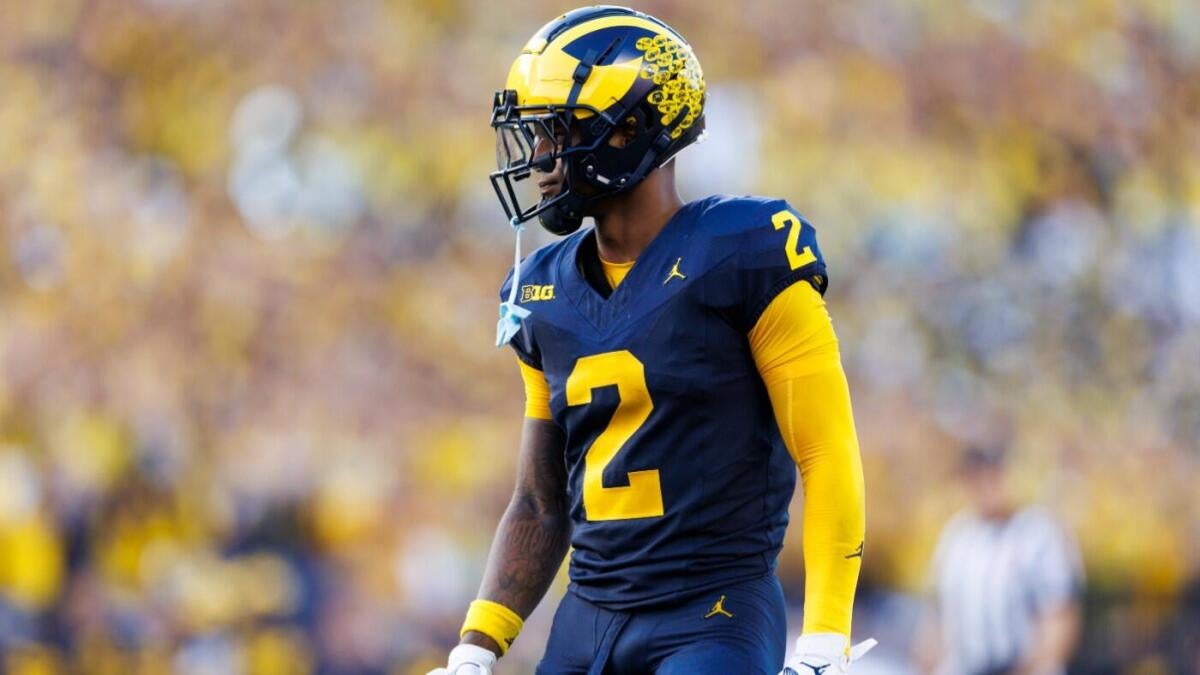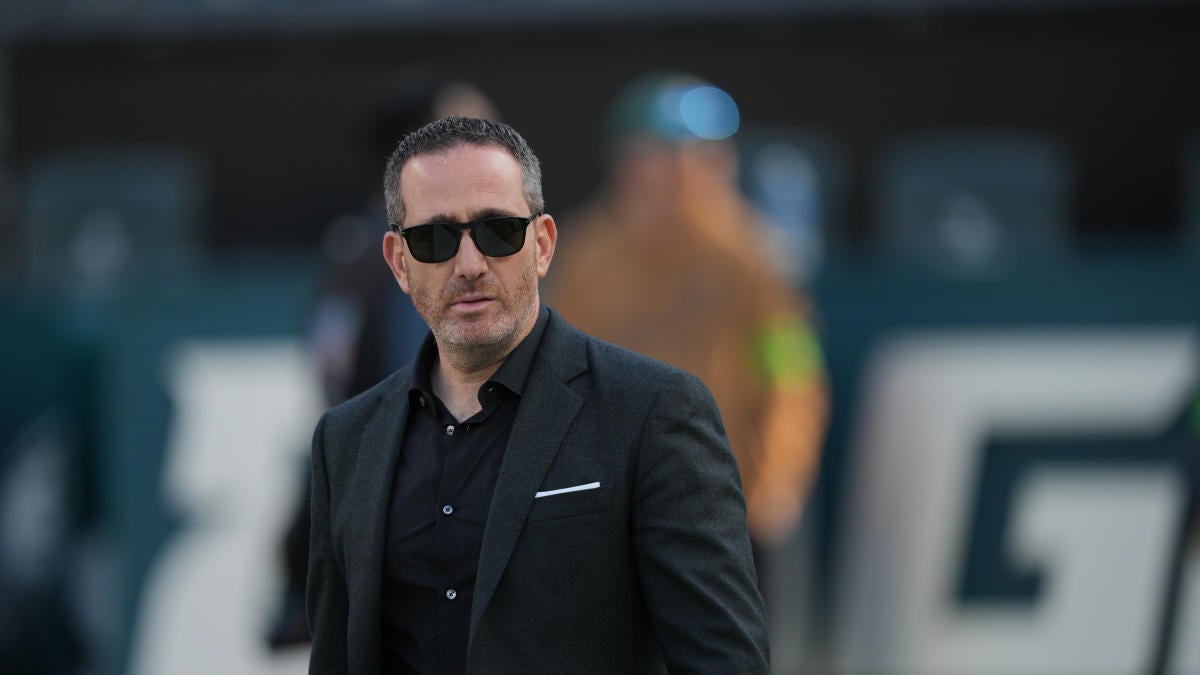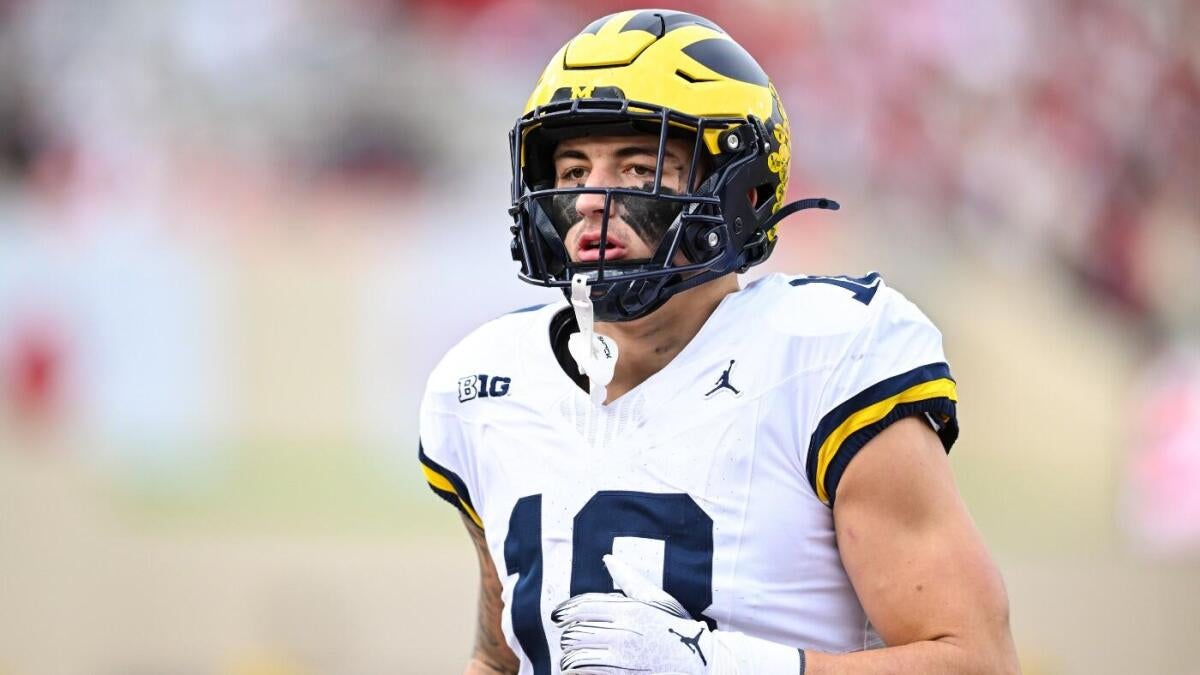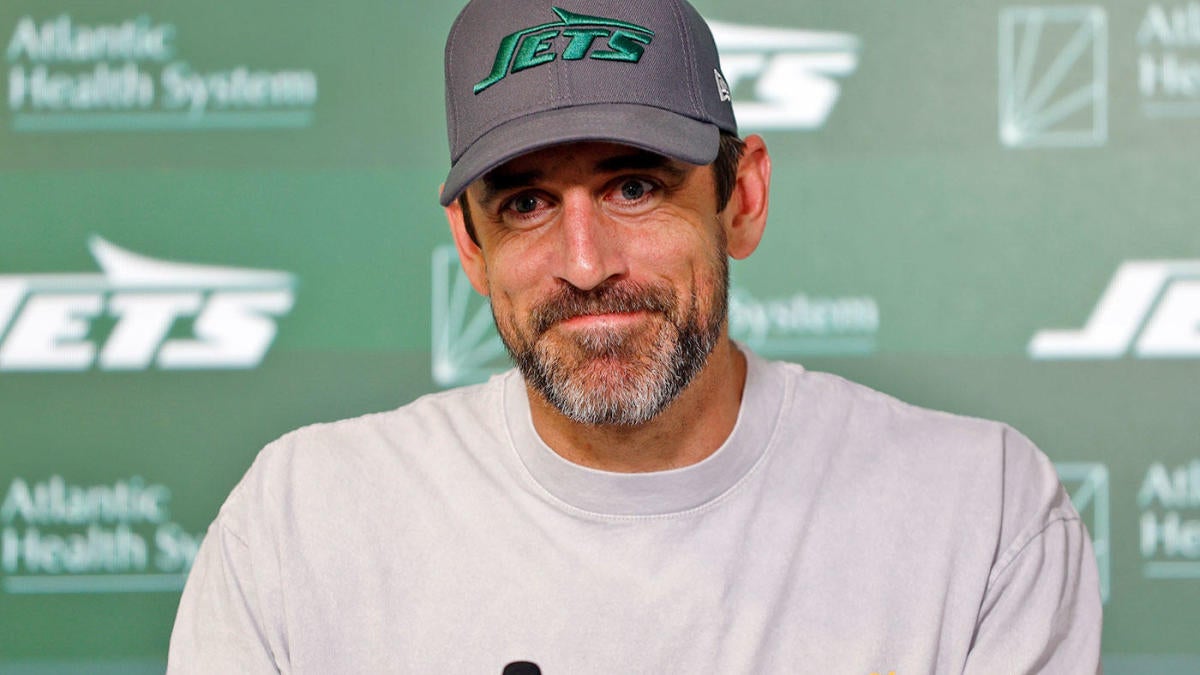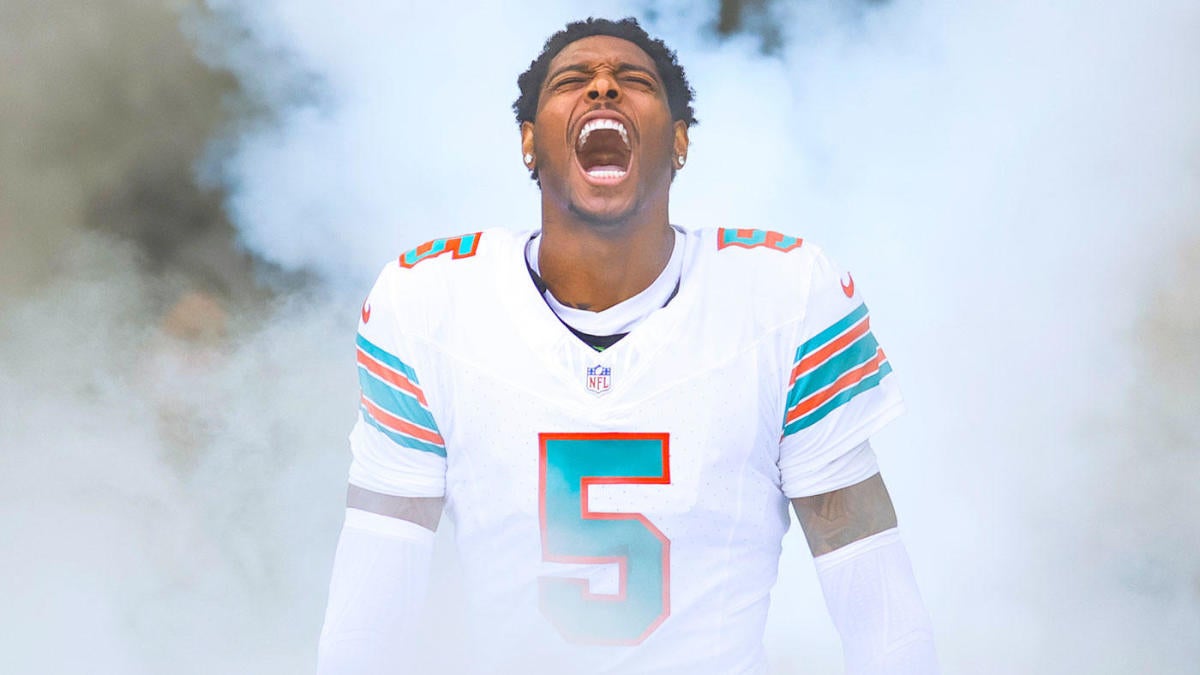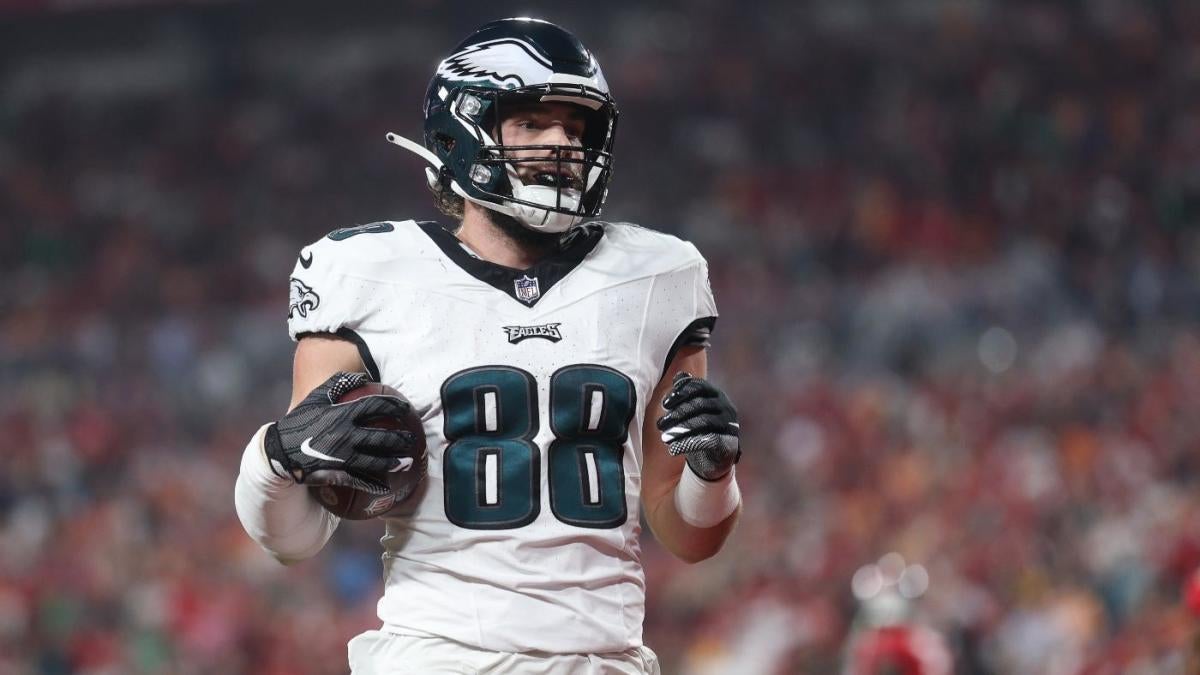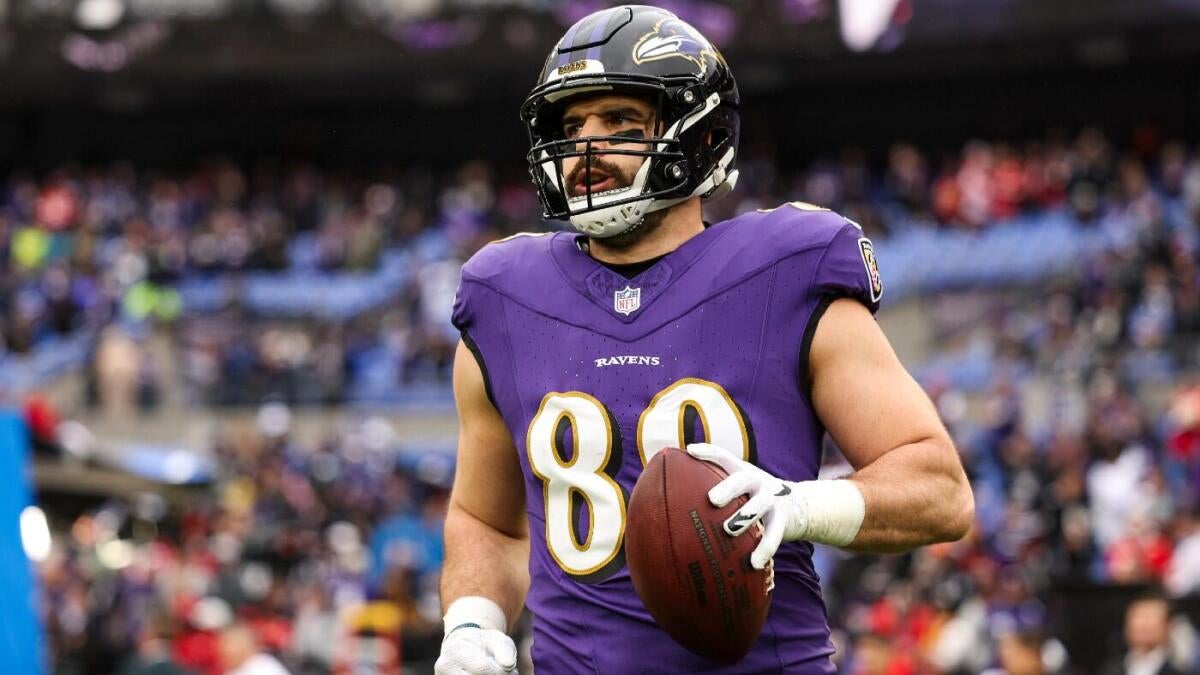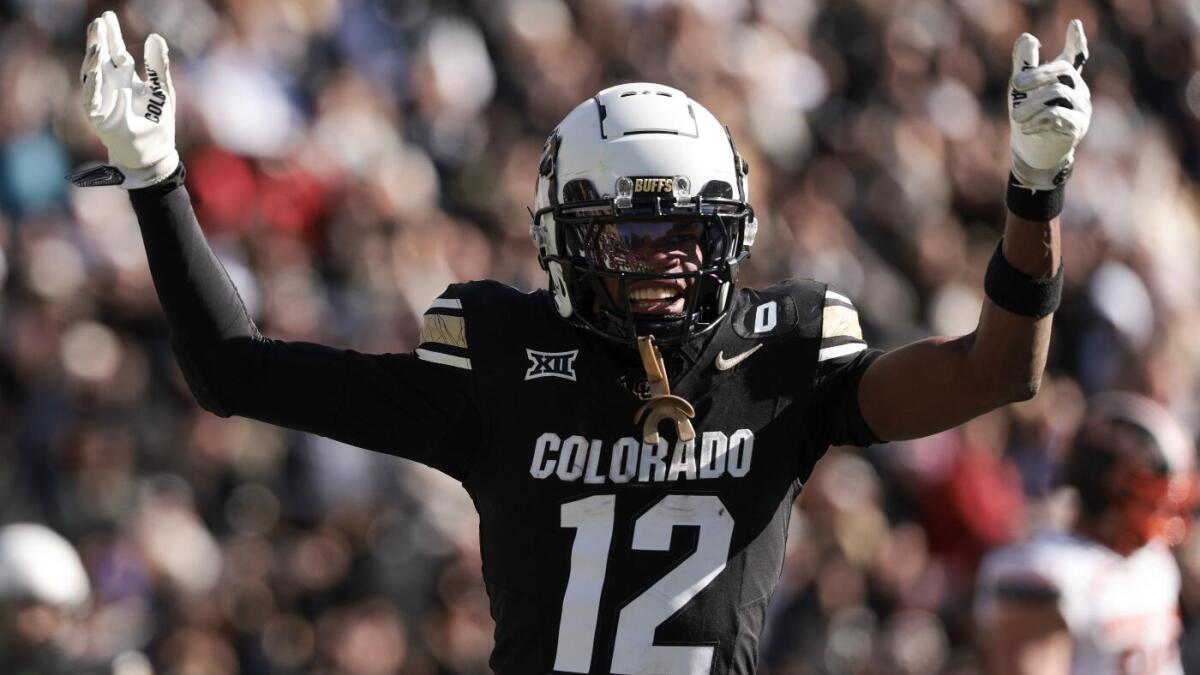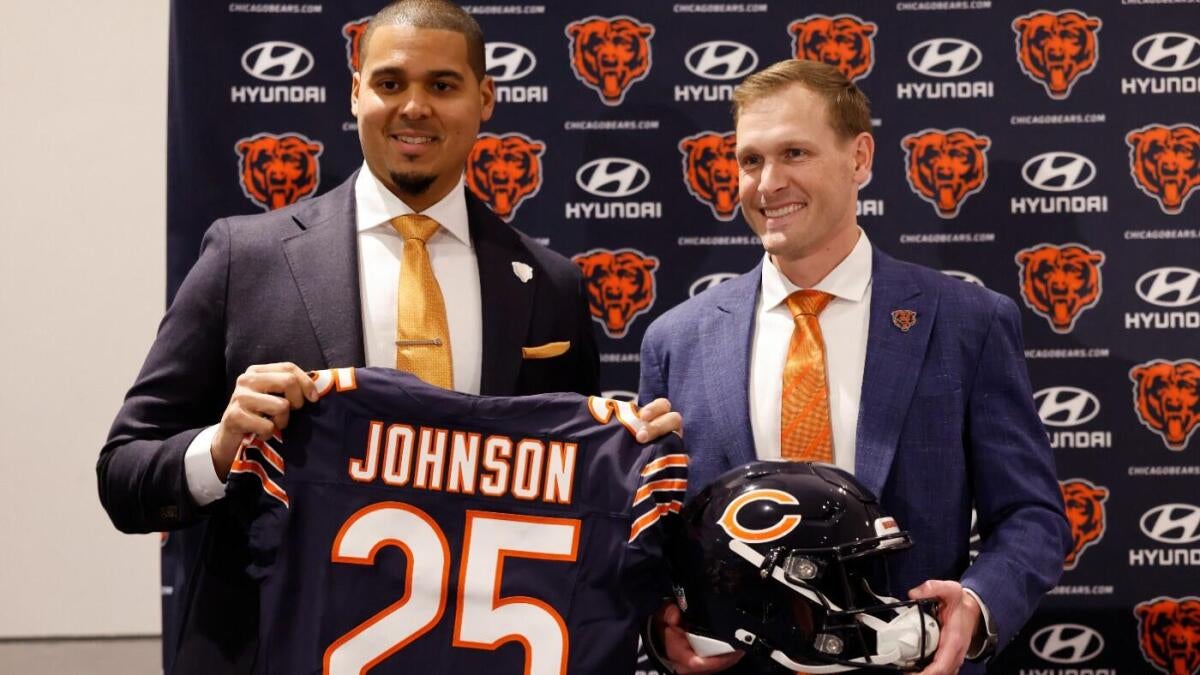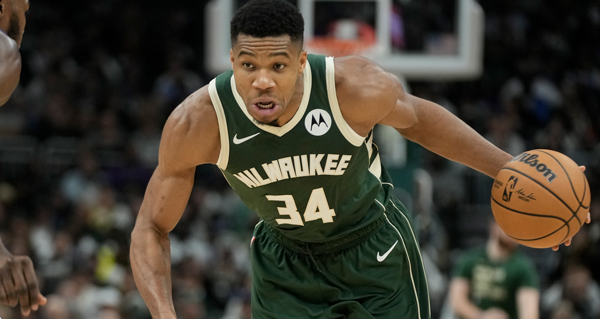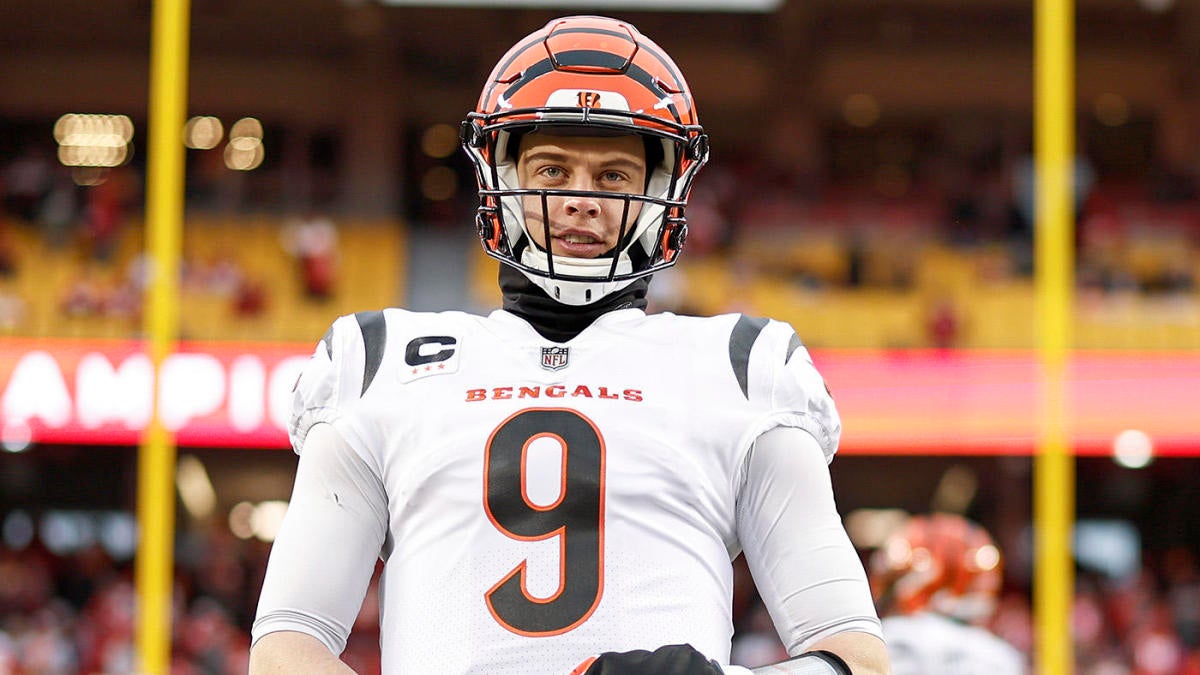
How NFL draft picks are compensated drastically changed with the 2011 collective bargaining agreement (CBA). A rookie wage scale, which reduced salaries for early first-round picks, was implemented. The 2020 CBA made minor tweaks to the system.
All contracts for draft choices are four years in length under the rookie wage scale. Four-year deals in the first round before the rookie wage scale were virtually nonexistent. Most first-rounders got five-year deals, except quarterbacks taken early in the draft. For example, Matthew Stafford and Sam Bradford, who were selected first overall in 2009 and 2010 respectively, both signed six-year contracts.
Teams have an option for a fifth year with first-round picks that must be exercised after the third year of the rookie contract. The period for exercising fifth-year options begins after a player’s third NFL regular season ends. These options must be picked up prior to May 3.
The timing for when draft picks could sign contract extensions also changed. Draft pick contracts can’t be renegotiated until the conclusion of a player’s third NFL regular season. This means 2020 draftees became eligible to sign extensions after the 2022 regular season ended on Jan. 8, 2023.
First-round pick contract extension timing
The 2023 season isn’t a contract year for 2020 first-round picks if the option for a fifth year was exercised. Rookie contracts for first-round picks expire after the 2024 season in these cases. Because of this, only a few first-round picks sign multiyear extensions before the start of, or early in, their fourth NFL season.
Since 2011 first-round picks initially became eligible for new deals in 2014, just 26 first-rounders have signed extensions within this time frame. The yearly breakdown is as follows:
| First-Round Draft Class | Extensions |
|---|---|
2011 | 4 |
2012 | 3 |
2013 | 5 |
2014 | 0 |
2015 | 1 |
2016 | 3 |
2017 | 6 |
2018 | 3 |
2019 | 1 |
Average | 2.89 |
During the nine times first-round picks have been eligible for extensions (2014 through 2022), an average of 2.89 players per year received new deals after three years. Vita Vea, the 12th overall pick in the 2018 draft, isn’t included as the Buccaneers defensive tackle didn’t sign a new deal until a day before the 2021 regular season ended.
Surprisingly, none of the 2014 first-round picks signed extensions in 2017 despite containing NFL Defensive Player of the Year award winners, defensive tackle Aaron Donald and edge rusher Khalil Mack. Donald held out from the Rams for most of the preseason trying to get a new deal before returning to play under the fourth year of his rookie contract.
The high water mark for early first-round pick extensions was in 2020. Six 2017 first-round picks with options exercised didn’t play the fourth season under their rookie contracts because extensions were signed. Broncos offensive tackle Garett Bolles, whose fifth-year option was declined, has been excluded. His deal came 10 games into Denver’s 2020 regular season.
Less than half of the 32 NFL teams have done an early first-round pick extension since 2014. The 14 teams and the number of extensions are below.
| Team | Extensions | Players |
|---|---|---|
Rams | 4 | WR Tavon Austin, QB Jared Goff, RB Todd Gurley, EDGE Robert Quinn |
3 | RB Ezekiel Elliott, C Travis Frederick, OT Tyron Smith | |
3 | EDGE Whitney Mercilus, QB Deshaun Watson, DE J.J. Watt | |
2 | QB Josh Allen, CB Tre’Davious White | |
2 | CB Patrick Peterson, QB Kyler Murray | |
2 | OT Eric Fisher, QB Patrick Mahomes | |
2 | OT Lane Johnson, QB Carson Wentz | |
2 | LB Luke Kuechly, RB Christian McCaffrey | |
1 | OG Kyle Long | |
1 | EDGE Myles Garrett | |
1 | ||
1 | ||
1 | ||
1 |
Surprisingly, the Rams lead the way with four extensions given their recent philosophy of “F them picks.” This number isn’t going to change anytime soon. The Rams haven’t had a first-round pick since Jared Goff in 2016 and don’t have another one until 2024.
The extensions have skewed toward offensive players by slightly more than a 2:1 margin. Only eight of the extensions have gone to defensive players while 18 have been to those on the offensive side of the ball. A positional breakdown is below.
| Position | Extensions |
|---|---|
QB | 7 |
OT | 4 |
CB | 3 |
EDGE | 3 |
RB | 3 |
C | 2 |
DT | 1 |
LB | 1 |
OG | 1 |
WR | 1 |
An emerging trend is to extend the contracts of quarterbacks early. Overall, seven quarterbacks have gotten early extensions. Six of the seven deals for passers have been in the previous four eligible draft classes (2016 through 2019 first-round picks).
There haven’t been any first-round safeties or tight ends to get new deals after three seasons. The extension opportunities are particularly limited with tight ends. Only eight tight ends were first-round picks from 2011 through 2020.
2020 first-round early extension candidates
No player from the 2020 first round has signed a multiyear extension so far this offseason. The Packers quarterback Jordan Love did a one-year, $13.5 million contract extension worth up to $22.5 million through salary escalators before the deadline to pick up his fully guaranteed $20.272 million fifth-year option. Love is making $7.5 million more this year than he was scheduled to in the fourth year of his rookie contract.
Based on history, three 2020 first-round picks should get new deals before the regular season starts in September. The season opener for most NFL teams is on Sunday, Sept. 10. The most logical candidates to get early extensions are below.
No. 1 overall Pick: QB Joe Burrow, Bengals
It’s just a matter of time before Burrow signs a contract extension. Reports first surfaced in January prior to a divisional playoff game against the Bills about the Bengals making a new Burrow deal an offseason priority. It’s practically a foregone conclusion that the Bengals will make Burrow the league’s highest-paid player.
That’s currently Ravens quarterback Lamar Jackson, who recently signed a five-year, $260 million deal averaging $52 million per year. There are $185 million of overall guarantees in the contract where $135 million is fully guaranteed. The $135 million fully guaranteed at signing includes an NFL record $72.5 million signing bonus.
Burrow has put himself in the league’s best quarterback conversation with his consistent play over the last two seasons. He led the NFL with a 70.4 completion percentage while throwing for 4,611 yards and 34 touchdowns to post a 108.3 passer rating in 2021. The Bengals ended a 31-year postseason victory drought before losing to the Rams in Super Bowl LVI.
Burrow garnered his first Pro Bowl selection in 2022 while throwing a career-high 35 touchdown passes. He had 4,475 passing yards and a 100.8 passer rating. Cincinnati’s five playoff wins over the last two seasons with Burrow under center are as many as the 55-year-old franchise had in the first 52 seasons.
The Bengals will surely need to establish a new contract precedent by giving Burrow traditional salary guarantees in order to get a deal done. Cincinnati is in the dark ages when it comes to structuring contracts for veteran players. The only guaranteed money in Cincinnati veteran contracts is a signing bonus and a roster bonus payable within a few days of signing. The bigger deals contain a third or fifth day of the league year roster bonus in the second and third years. The roster bonuses are supposed to be substitutes for additional contract guarantees. The overall guarantees in Bengals contracts are less than comparable deals on other teams.
The Bengals seemingly have been preparing to give Burrow a contract with a conventional structure. The naming rights to Paul Brown Stadium were sold to Paycor, a Cincinnati-based company specializing in human resources software last August. Additional team sponsors have also been added.
These moves will make it easier for the Bengals to comply with the NFL’s archaic funding requirements that should come into play for a Burrow contract. Teams are essentially required to put into an escrow account the amount of any guarantees in a contract other than those just for injury, including ones in future contract years.
No. 6 overall pick: QB Justin Herbert, Chargers
Chargers head coach Brandon Staley described negotiations with Herbert’s camp as “ongoing” in early June at the team’s charity golf tournament. Herbert didn’t dismiss a “hold in” if he doesn’t have a new deal by the start of training camp in late July. When asked about the possibility during the Chargers’ mandatory minicamp, which was held in the middle of June, Herbert’s response was “we’ll see.” A hold in is when a player reports to training camp to avoid a fine for being a no show, which would be $40,000 per day in Herbert’s case, where there isn’t participation in practice until a new contract is done.
Herbert is arguably the league’s most prolific passer at the start of a career. He threw for a rookie-record 31 touchdowns and 4,336 yards (second most for a rookie) in 2020 to garner NFL Offensive Rookie of the Year honors.
Herbert’s 14,089 passing yards are the most ever in a quarterback’s first three NFL seasons. He has 94 touchdown passes, the second most ever during the first three years, along with 35 interceptions.
Herbert’s individual achievements haven’t translated to team success. The Chargers are 25-24 in the 49 games Herbert has started, and he made the playoffs for the first time in his career last season. An AFC wild card playoff game was lost to the Jaguars 31-30 after blowing a 27-point lead.
The lack of team success is unlikely to affect Herbert financially. The Chargers will have a hard time justifying to Herbert that he shouldn’t be the NFL’s highest-paid player when edge rusher Joey Bosa was put at the top of the non-quarterback pay scale in 2020. Bosa received a five-year, $135 million extension averaging $27 million per year in his contract year.
The deal had a player-friendly structure. Bosa’s $102 million in overall guarantees and $78 million fully guaranteed at signing were both the most ever in an NFL contract for a non-quarterback.
Bosa was 2016’s NFL Defensive Rookie of the Year. He was named to the Pro Bowl once (as a starter) in his first three NFL seasons, just like Herbert. Durability was a concern with Bosa, which isn’t the case with Herbert. He hasn’t missed any games since becoming the Chargers’ starting quarterback in the second week of his rookie year.
Should Herbert become the league’s highest-paid player, it might only be for a short period of time. His deal would likely serve as the salary floor for Burrow by signing first.
No. 22 overall pick: WR Justin Jefferson, Vikings
Vikings general manager Kwesi Adofo-Mensa called a Jefferson contract extension a high priority during his NFL Combine press conference at the end of February. That’s because nobody has ever had a more productive start to an NFL career at wide receiver than Jefferson. He has 324 receptions for 4,825 yards and 25 touchdowns during his first three seasons.
Jefferson’s 128 catches and 1,809 receiving yards not only led the NFL last season but are the seventh- and sixth-best single-season totals in league history. He was named 2022’s NFL Offensive Player of the Year and earned All-Pro honors for a third straight year because of his efforts. His 96.5 receiving yards per game are the most in NFL history.
The real question is whether Jefferson becomes the league’s highest-paid non-quarterback or just the league’s highest-paid wide receiver. Tyreek Hill set the wide receiver market after he signed a four-year, $120 million extension averaging $30 million per year in March 2022 as a part of his trade from the Chiefs to the Dolphins. The extension has $72.2 million in guarantees where $52.535 million was fully guaranteed at signing. Realistically, Hill has a three-year extension for $75 million because of $45 million in 2026, the final contract year.
The Vikings could claim that Cooper Kupp is really the league’s highest-paid wide receiver because Hill’s deal is misleading due to the artificially inflated salary at the back of his contract specifically included for cosmetic purposes. Kupp signed a three-year, $80.35 million extension with the Rams averaging $26,783,333 per year last June. The deal has a wide receiver record $75 million in guarantees, of which $35 million was fully guaranteed at signing.
There is precedent for a wide receiver being the league’s highest-paid non-quarterback. It has happened on four occasions since the 2011 CBA was ratified with Larry Fitzgerald (Cardinals), Calvin Johnson (Lions), DeAndre Hopkins (Cardinals) and Hill in 2011, 2012, 2020 and 2022 respectively.
The current benchmark for non-quarterbacks is Rams interior defensive lineman Aaron Donald. The three-time NFL Defensive Player of the Year signed a three-year, $95 million contract averaging $31,666,667 per year last June.
No. 17 overall pick: WR CeeDee Lamb, Cowboys
Contract extensions for core players — cornerback Trevon Diggs, wide receiver CeeDee Lamb and quarterback Dak Prescott — are on the Cowboys’ radar screen. Cowboys chief operating officer and executive vice president Stephen Jones indicated earlier in June he would like to get at least one of the players signed to a new deal should the opportunity arise.
Lamb has expressed a desire for a new contract. He indicated he isn’t going to let the prospect of an extension become a distraction.
Lamb had career bests of 107 receptions, 1,359 receiving yards and nine touchdown catches last season in his first year as Dallas’ clear-cut No. 1 option in the passing game. A new deal will certainly be more than the $20 million per year the Cowboys gave Amari Cooper, who they traded to the Browns last year, in 2020. Cooper’s deal contained $60 million of guarantees where $40 million was fully guaranteed at signing.
Lamb could top $25 million per year given the deals signed by A.J. Brown, Terry McLaurin, DK Metcalf and Deebo Samuel in 2022 when heading into the final year of their respective rookie contracts. The range for these four deals was between $23.2 million per year and $25 million per year.
The Commanders gave McLaurin a three-year, $69.6 million extension with just over $53 million of guarantees last July. The deal is worth as much as $70.6 million through salary escalators and incentives. Brown signed a four-year, $100 million extension containing slightly more than $57 million of guarantees in connection with his trade from the Titans to the Eagles during the first round of the 2022 NFL Draft.
Go to Source
Author: Joel Corry
June 28, 2023 | 4:17 pm

